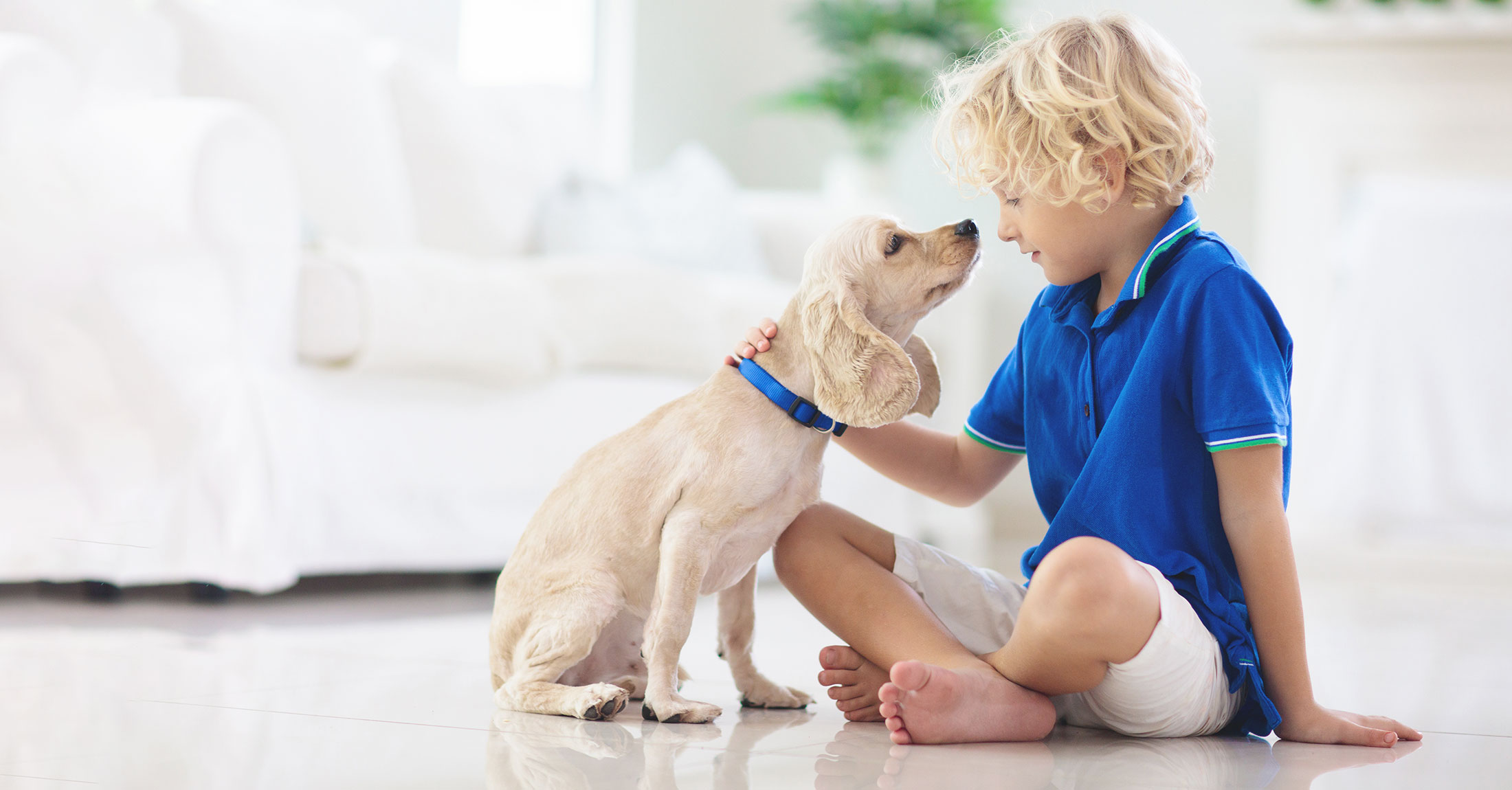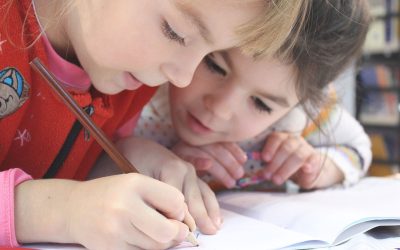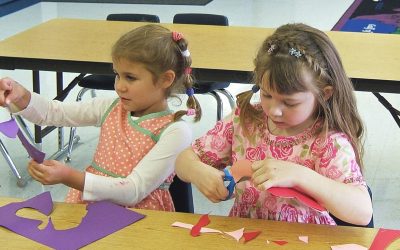“Intelligence is not enough. Intelligence plus character – that is the goal of true education.”
~ Martin Luther King
Learning is like a hug—embracing awareness, thought, and knowledge. But it’s not just about words, numbers, or facts. There are many important skills and aspects of life that children have to grasp as they grow. Perhaps one of the most critical is to be kind.
Here are 15 ways to help little ones develop an experiential understanding and appreciation of kindness.
1. Ask your child what kindness means.
What has your child seen or participated in that reflects kindness? It may have to do with sharing, helping to care for pets, looking after plants or the environment, playing nicely with others, using polite words, or smiling… There are many facets to kindness. You might want to draw a colorful picture together or write a poem or a story.
2. Curiosity helps children make sense of the world.
Try to anticipate the kinds of questions that your child might have about being kind. For example, “Is it hard?” “Can you be too kind?”
3. Reinforce your child’s actions when he or she has done something kind.
“It was so thoughtful of you to comfort your friend when she banged her knee.” Or, “How nice that you were able to find my lost hat. Thank you!” The best kind of reinforcement is immediate, direct, and genuine.
4. Demonstrate kindness. Show children authentic acts of kindness in real time.
“Model the kinds of dispositions that will serve children well in different situations.”
~ (p. 33, ABCs of Raising Smarter Kids)
5. Take time to point out when somebody else does something that evidences caring. Read a story together about someone who is kind.
Here’s a resource list of 35 children’s books on kindness.
6. Talk about kindness, but also its impact. This includes joy and the joy experienced by others.
7. Be aware that children may be unfamiliar with compassion, empathy, …








